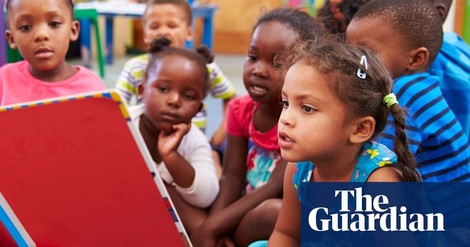Your podcast discovery platform
Curious minds select the most fascinating podcasts from around the world. Discover hand-piqd audio recommendations on your favorite topics.

piqer for: Global finds Doing Good
Michaela Haas, PhD, is the award-winning author of four non-fiction books, most recently Bouncing Forward: The Art and Science of Cultivating Resilience (Simon&Schuster). She is a member of the Solutions Journalism Network and writes a weekly solutions column for the German Süddeutsche Zeitung Magazin. Her articles have been published on CBS, the Washington Post, the Huffington Post, Daily Beast, and many other reputable media.
Helping Orphans: Where Do-Gooders Could Do Better
This is an unusual story to share here, because I normally share solutions that work. But this investigative piece is a fascinating read about people who think they are providing a solution for those most in need — orphans — and actually end up doing damage.
Every year, millions of people from wealthy nations travel to poor countries, hoping to do good. University students want to spend a school break or part of a summer giving back, perhaps even to improve their CV. Christians go with their churches for one- or two-week missions. All seek personal growth, connection to those less fortunate, and the satisfaction of making a difference. For many, the destination is an orphanage, where they aim to bring joy to needy children in the brief time they can spare.
Tina Rosenberg, Pulitzer-Prize-winning reporter and co-founder of the Solutions Journalism Network, takes a close look at some of these enterprises and comes away with shocking numbers: The vast majority (92–98%) of the "orphans" actually have at least one living parent, and the children would be much better served if their families could be supported with food, education, and jobs. Even the unskilled labor the volunteers provide might come at a cost, taking away jobs from locals who need them urgently.
Orphanages — and voluntourism — are big business. Often they serve neither the children nor the volunteers. So, what's the solution?
McGehee at Virginia Tech would like to see voluntourism recast as “transformational tourism”, with visitors rewarded by gaining a better understanding of people’s lives and the way the economics of charity work. By all means, visit people who need help, she says. “But do it beside me and hear who I am. Get to know me and not all those stereotypes about me. And then go home and see if there’s something you’re doing that somehow perpetuates my situation.”
This is eye-opening reporting at its best.
